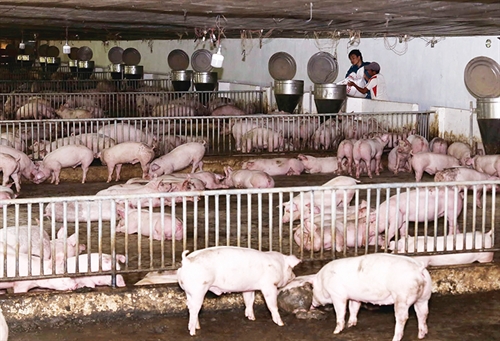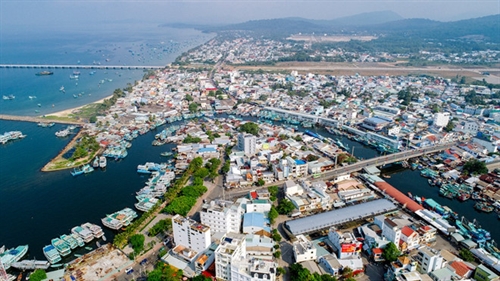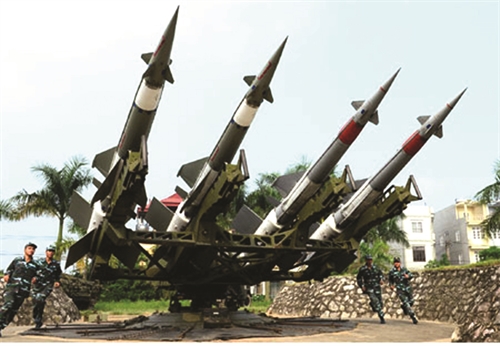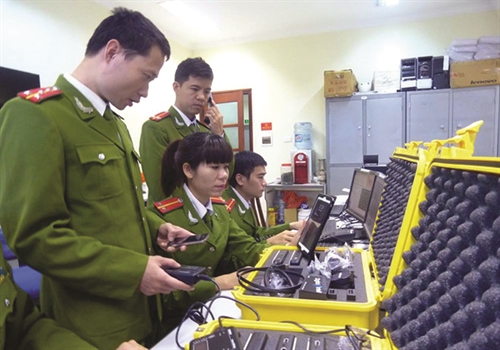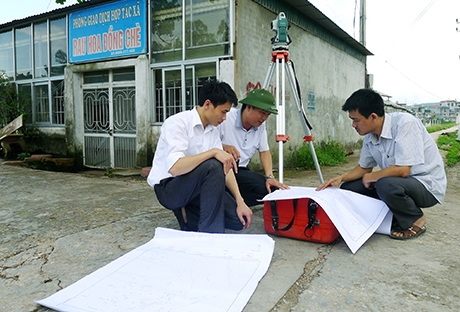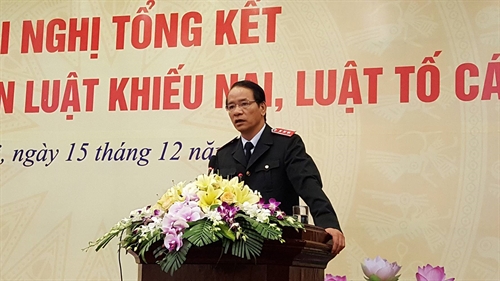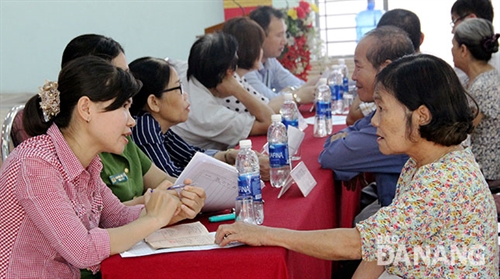The National Assembly promulgated the Anti-Corruption Law last November, extending the fight against corruption in the non-state sector.
Taking effect on July 1, the 2018 Anti-Corruption Law (the Law), with 10 chapters and 96 articles, prescribes the prevention and detection of corruption; and handling of corruption and acts of violation of the anti-corruption law. With its scope of regulation, the Law aims to handle persons committing acts of corruption as well as agencies, organizations and individuals performing other acts violating the anti-corruption law.
The Law supersedes its predecessor enacted in 2005 with revisions made in 2007 and 2012 (the 2005 Law).
Acts of corruption
Acts of corruption as well as the subjects committing acts of corruption in the state sector and non-state sector are different. Consequently, the Law has separate provisions on acts of corruption in these two sectors.
For acts of corruption in the state sector, Article 2 of the Law retains 12 acts of corruption committed by persons with positions and powers in agencies, organizations and units as stated in the 2005 Law.
For acts of corruption in the non-state sector, the Law only regulates acts of corruption committed by persons with positions and powers in enterprises or organizations in this sector in the spirit of the Penal Code. These acts include embezzling assets, taking bribes, and giving bribes or brokering bribery for settlement of affairs of enterprises or organizations for personal gain.
Anti-corruption work in enterprises and organizations in the non-state sector
Responsibilities of enterprises and organizations in the non-state sector for corruption prevention and combat are defined in Article 4 of the Law. Accordingly, these enterprises and organizations must take corruption prevention measures; promptly detect, notify, and coordinate with competent state agencies in, deterring and handling corruption occurring in enterprises and organizations in accordance with law as well as their charters and operation regulations. They also have to promptly provide information about acts of corruption committed by persons with positions and powers and coordinate with competent state agencies in deterring and handling corruption.
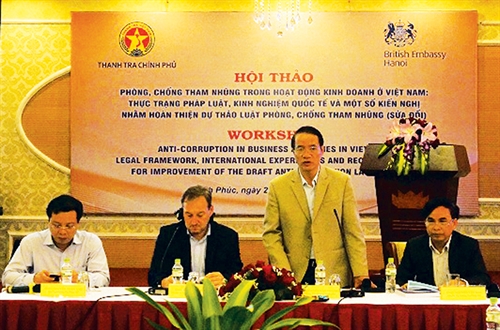 |
| A workshop on anti-corruption in business activities in Vietnam held by the Government Inspectorate in December 22, 2018__Photo: Internet |
Noticeably, the Law devotes a separate chapter-Chapter VI-with new provisions aiming to deal with corruption prevention and combat in enterprises and organizations in the non-state sector. These new provisions reflect the role of enterprises and organizations in the non-state sector in anti-corruption work. This Chapter underlines the building of a healthy and corruption-free business culture.
As this is an extremely important issue, the Law encourages enterprises, enterprise associations, trade associations, social organizations, and socio-professional organizations to issue codes of business conduct or codes of professional conduct for their workers and members in accordance with the Law and other relevant laws. In addition, the Law asks enterprises and economic organizations to issue and implement their codes of conduct and internal control mechanisms for preventing conflicts of interests, deterring acts of corruption and building a healthy and corruption-free business culture. Enterprise associations and trade associations are responsible for assisting, mobilizing and encouraging their members to build a healthy and corruption-free business culture; and supervising their members in observing the anti-corruption law, and actively participate in improving policies and laws.
Article 80 of the Law lists provisions compulsorily applied to public companies, credit institutions and social organizations established under decisions of or having their charters approved by the Prime Minister, Minister of Home Affairs or chairpersons of provincial-level People’s Committees that mobilize people’s contributions for charity activities. These provisions include: (i) principles, contents and forms of publicity and transparency, and responsibility for ensuring publicity and transparency; (ii) control of conflicts of interests; and (iii) responsibilities and handling of responsibilities of heads and deputy heads.
Noticeably, the Government Inspectorate, ministerial inspectorates and provincial inspectorates will inspect the implementation of the anti-corruption law by the above-mentioned entities when having clear signs of violation prescribed in Article 80 of the Law. Violators of this provision will, depending on the nature and severity of their violations, be sanctioned in accordance with law. In addition, persons holding managerial titles and positions will be handled under the charters or operation regulations of their enterprises or organizations. If failing to handle such persons, enterprises or organizations will have their names, addresses and violations announced by competent agencies in charge of inspection.
As required by the Law, enterprises and organizations in the non-state sector must carry out self-examination for timely detecting and handling, or proposing competent agencies to handle, acts of corruption occurring in their enterprises or organizations.
Meanwhile, if detecting acts of corruption in enterprises and organizations in the non-state sector through inspection, inspection agencies will handle such acts or refer them to competent agencies for handling.- (VLLF)

